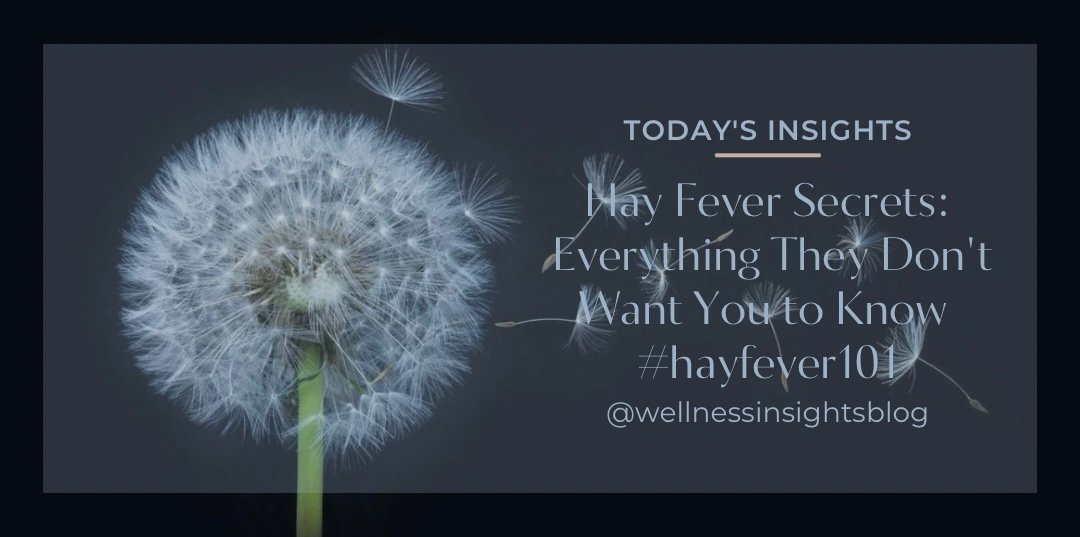Hay Fever Secrets: Everything They Don’t Want You to Know #HayFever101
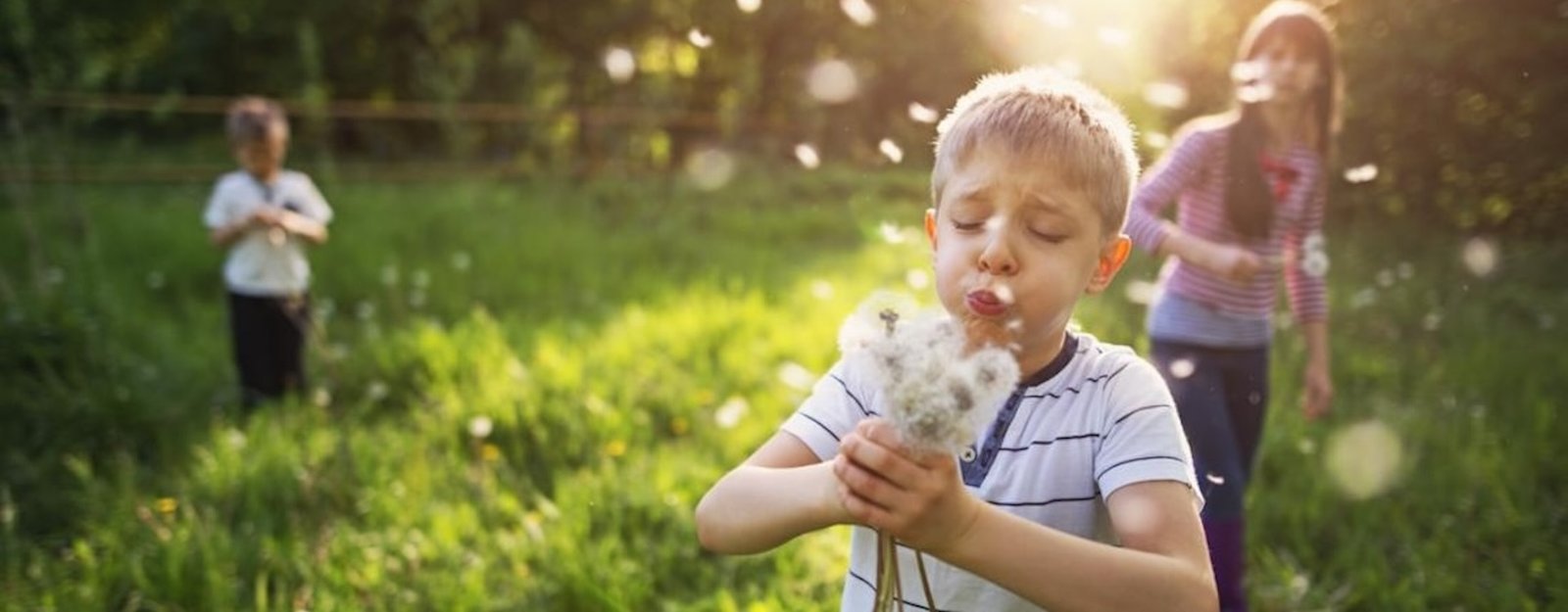
Hay Fever: Causes, Symptoms, and Treatments
Hay fever is a common allergy that affects millions of people every year. It is caused by pollen, a fine powder that plants release to reproduce.
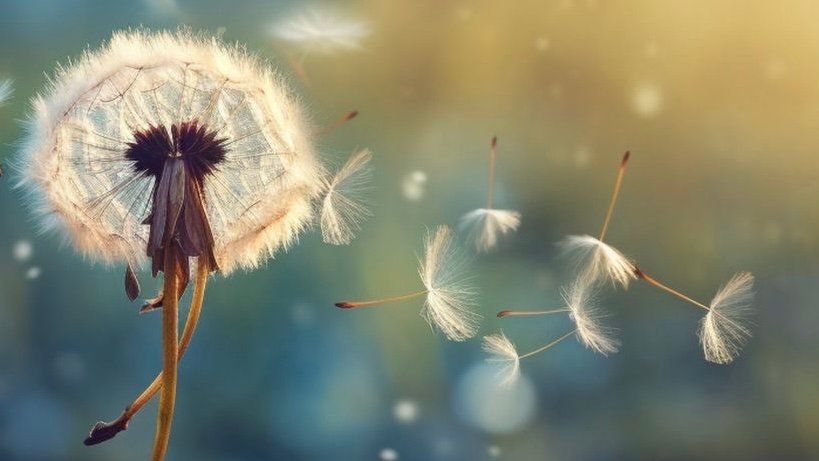
If you are allergic to pollen, your immune system will react when it enters your nose, eyes, throat, or ears. This will cause swelling and irritation in these areas.
Hay fever is worse in spring and summer, when there is more pollen in the air. The NHS says that one in five people in the UK will have hay fever at some point in their lives.
What Causes Hay Fever?
Hay fever is an allergic reaction to pollen. Pollen is a substance that plants produce to fertilize other plants of the same species. There are different types of pollen, such as grass pollen, tree pollen, and weed pollen.
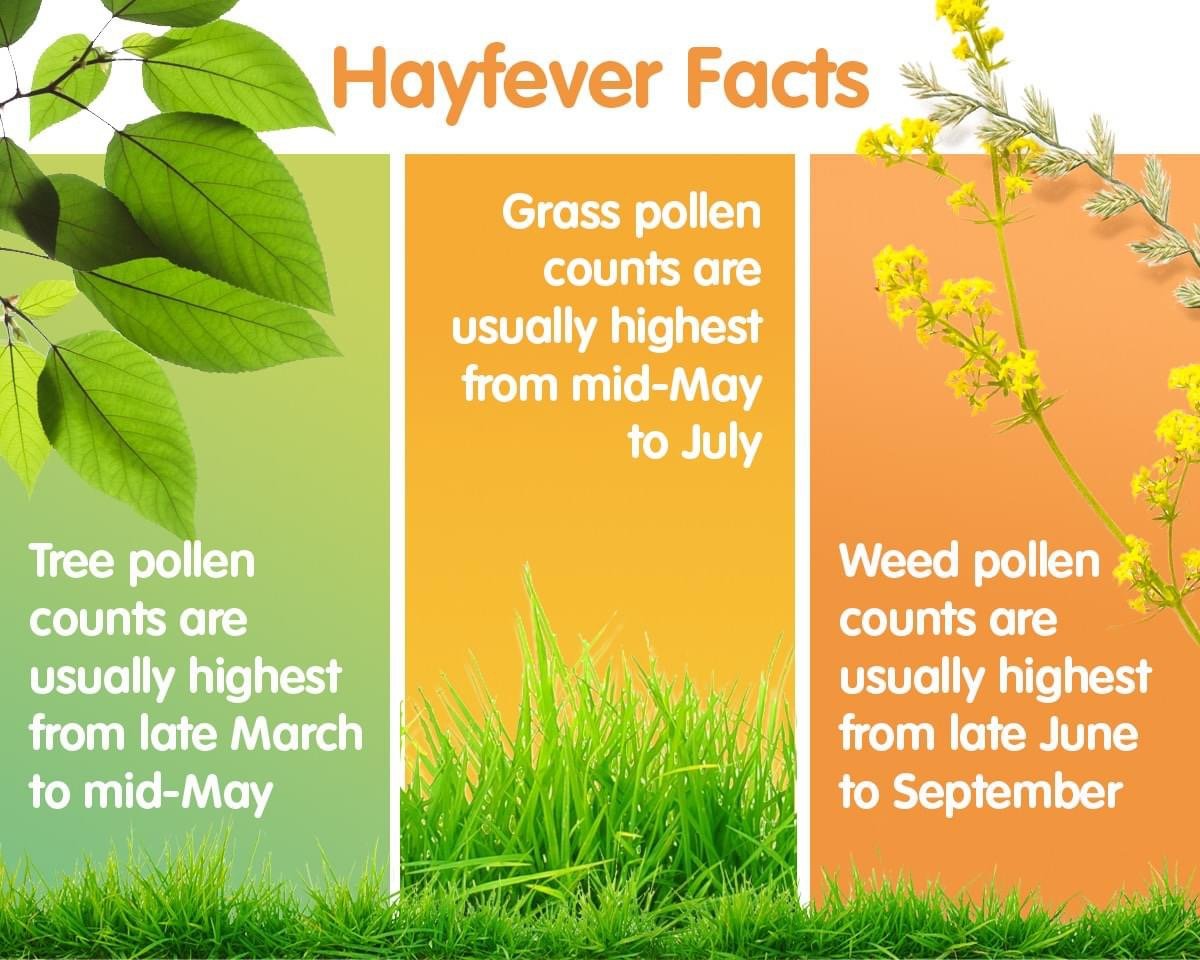
Some people are allergic to one or more types of pollen. This means that their immune system sees pollen as a threat and tries to fight it off. This leads to inflammation and irritation in the nose, eyes, throat, or ears.
The amount of pollen in the air varies depending on the season, the weather, and the time of day. Generally, pollen levels are higher in the morning and evening, on warm and dry days, and during spring and summer.

What are the Symptoms of Hay Fever?
Hay fever symptoms can vary from person to person, depending on how allergic they are and how much pollen they are exposed to. Some of the common symptoms are:
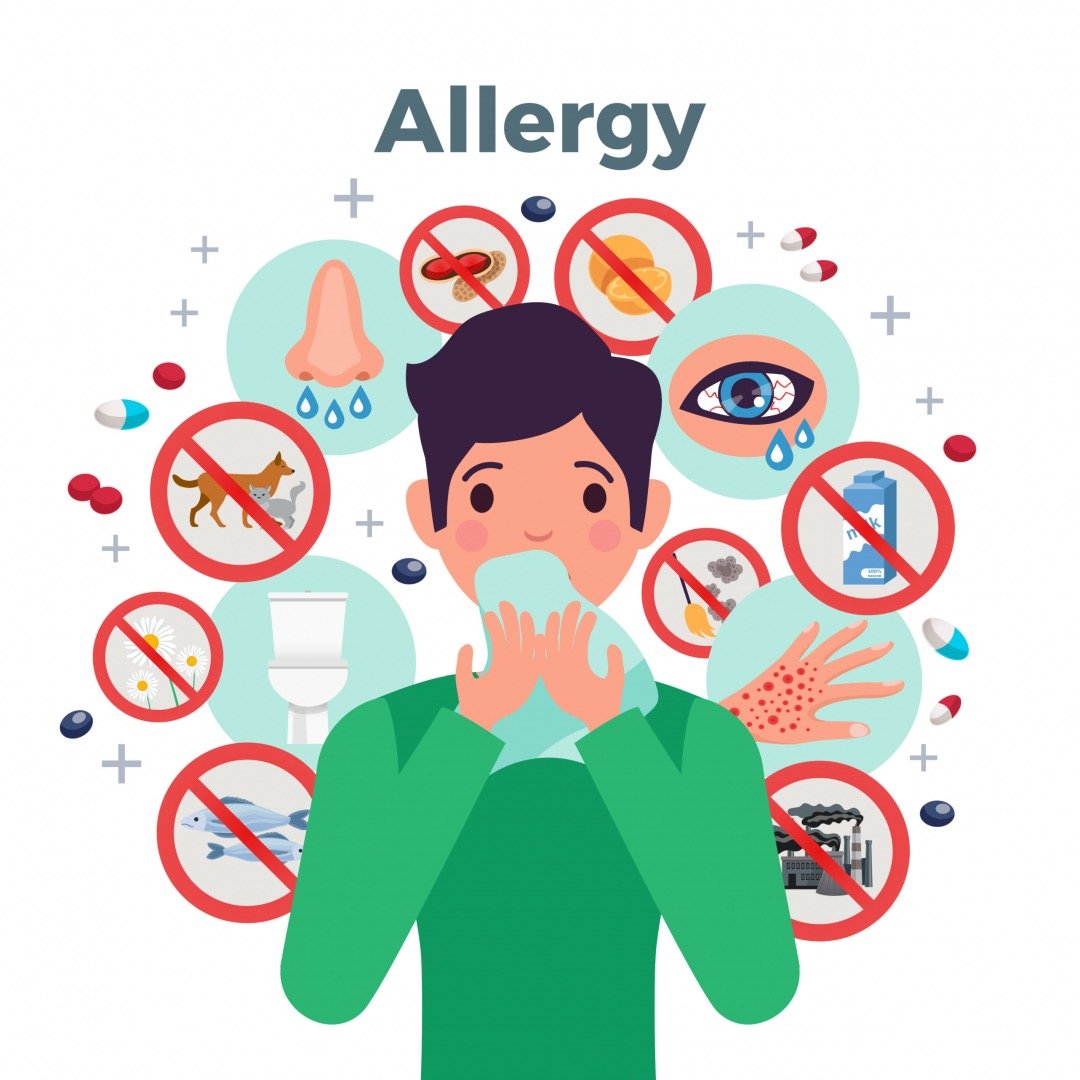
• Sneezing
• Runny or blocked nose
• Itchy or watery eyes
• Itchy throat, mouth, or ears
• Coughing
• Headache
• Tiredness
How to Treat Hay Fever?
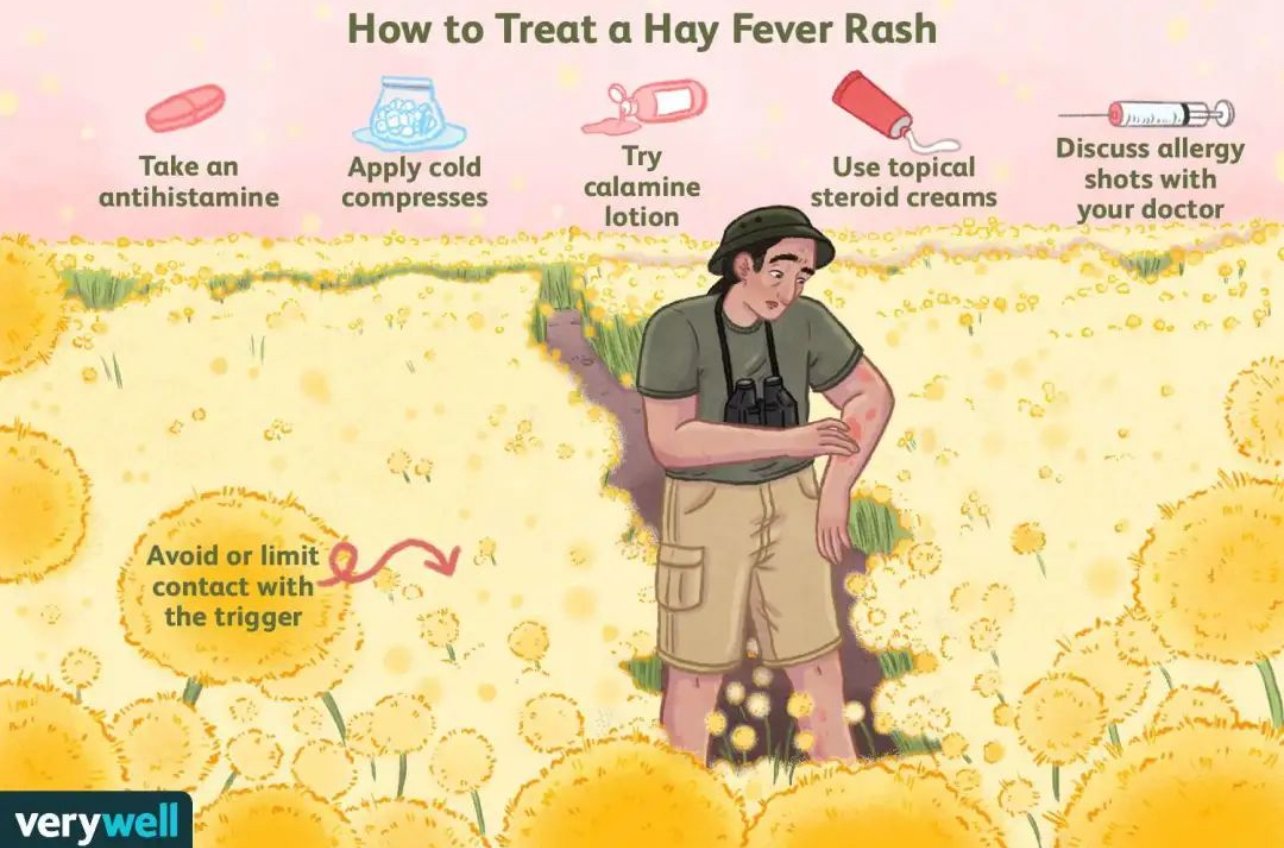
There is no cure for hay fever, but there are ways to manage your symptoms and reduce your exposure to pollen. Some of the treatments are:

Antihistamines
These are medicines that block the effects of histamine, a chemical that your immune system releases when it reacts to pollen.
Antihistamines can help relieve sneezing, itching, and runny nose. You can take them as tablets, liquids, sprays, or eye drops.

Nasal corticosteroids
These are sprays that reduce the inflammation and swelling in your nose. They can help prevent or reduce nasal congestion and sneezing. You need to use them regularly for them to work effectively.

Eye Drops
These are drops that contain antihistamines or anti-inflammatory agents that soothe and moisturize your eyes. They can help reduce itching, watering, and redness. You need to use them several times a day for them to work effectively.
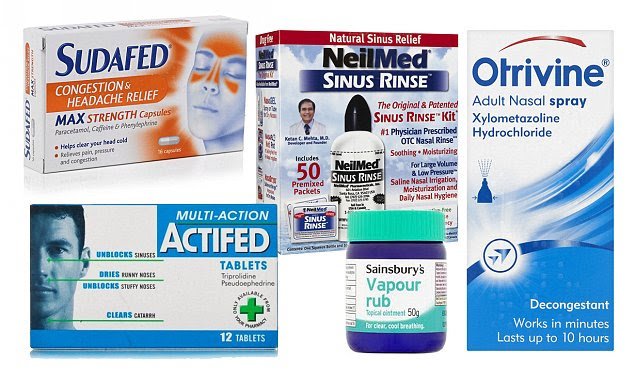
Decongestants
These are medicines that shrink the blood vessels in your nose and reduce the amount of mucus. They can help relieve nasal congestion and pressure. You can take them as tablets, liquids, or sprays. You should not use them for more than a week, as they can cause rebound congestion or side effects.

Immunotherapy
This is a treatment that involves exposing your immune system to small amounts of pollen over a long period of time. This can help your immune system become less sensitive to pollen and reduce your symptoms. You can have immunotherapy as injections or tablets. You need to have it for several years for it to work effectively.
Natural and Alternative Ways to Treat Hay Fever
Some hay fever sufferers may opt for natural or alternative remedies instead of prescription drugs. These include honey, saline solution, and acupuncture.

Honey
Honey, particularly local or raw honey, could help the body get used to pollen by exposing it to small doses of it. However, this is not proven by science, and honey could be harmful for young children or diabetics.

Saline solution, or salt water
Saline solution, or salt water, could help to clean the nose and remove the mucus, pollen, and germs. Saline solution can be purchased as a spray or a rinse or made at home by mixing salt and boiled water. Saline solution can be applied several times a day, but it could cause a stinging sensation or dryness in the nose.
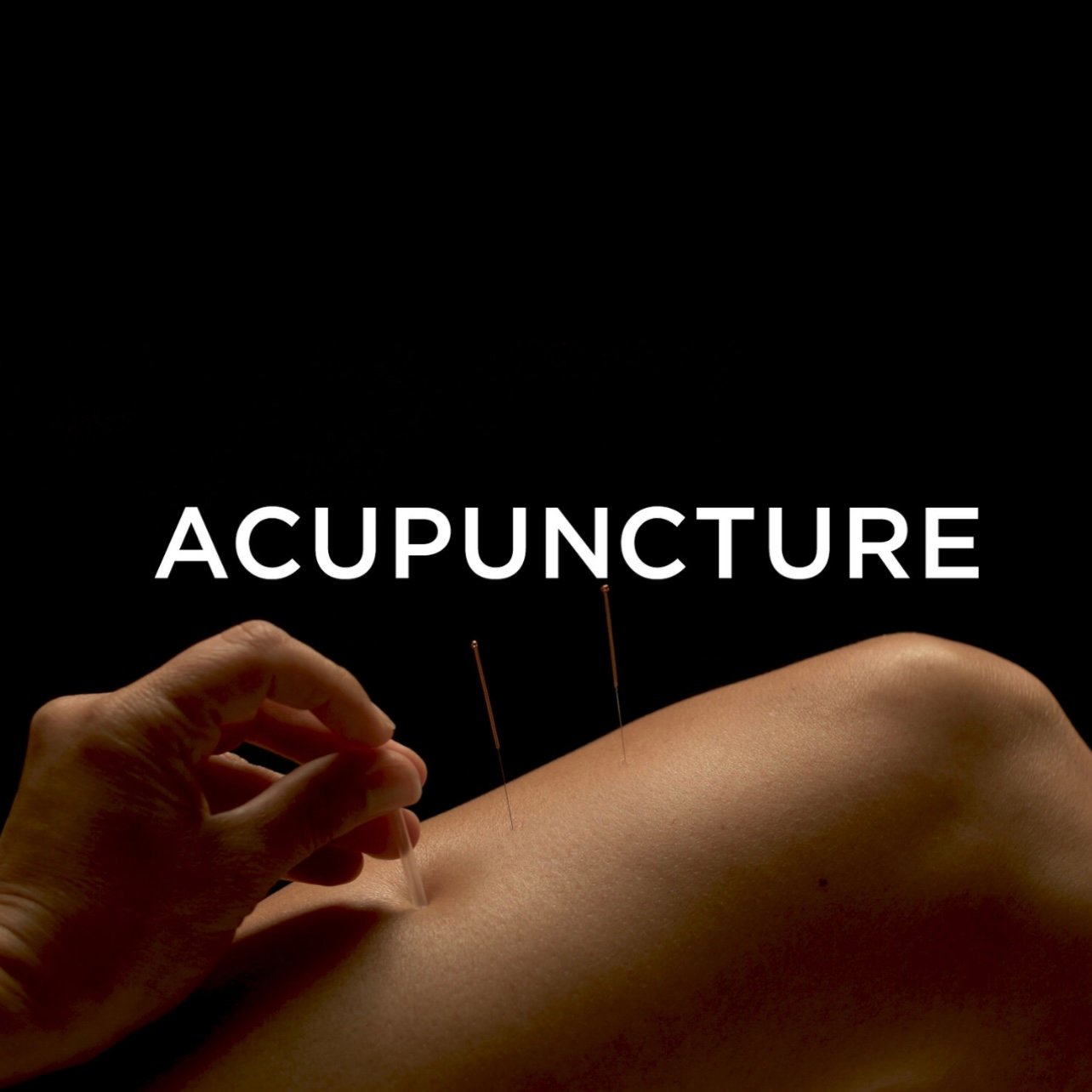
Acupuncture
Acupuncture, an ancient Chinese medicine technique that involves putting thin needles into specific points on the body, could help to lower inflammation and balance the immune system. Acupuncture could also ease stress and pain, which can make hay fever symptoms worse. However, acupuncture may not work for everyone, and it may have some risks, such as infection, bleeding, or bruising, especially if done by an unqualified practitioner.
How to Fight Back Against Hay Fever and Enjoy the Spring
You can also try some self-care measures to reduce your exposure to pollen and ease your symptoms, such as:

Checking the pollen forecast and avoiding going outside when the pollen count is high.

Wearing sunglasses, a hat, and a mask when you go outside to protect your eyes and nose from pollen.

Keeping your windows and doors closed and using, pollen screen, an air filter or a humidifier in your home to reduce the amount of pollen in the air.

Washing your hair, clothes, and bedding regularly to remove any pollen that may have stuck to them.

Avoiding smoking, alcohol, and spicy foods, as they can worsen your symptoms.

Equipping your home with HEPA filters, which can be attached to central heating and air conditioning systems.
How to Boost Your Immune System and Fight Hay Fever Naturally
You can lower your hay fever symptoms by staying away from pollen, but that’s not enough. You also need to change your lifestyle to strengthen your immune system and lower inflammation, which can make hay fever worse. Here are some tips to do that:
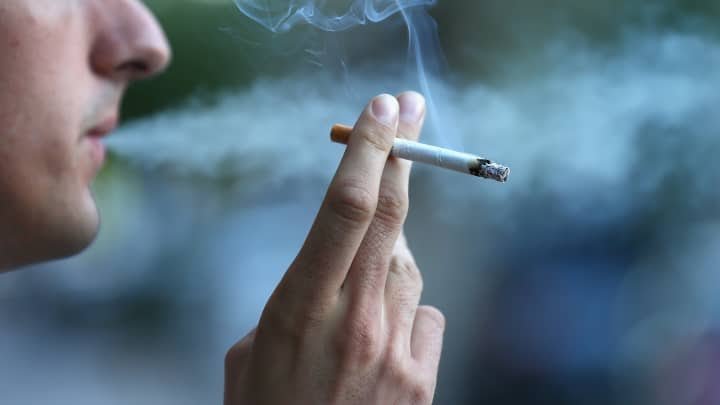
Smoking irritates your airways and makes you more sensitive to pollen. Smoking also raises your chances of getting asthma and other lung problems, which can make hay fever harder to deal with. Various inhalators are available to help.

Eat well.
Eating a healthy diet with lots of fruits, vegetables, whole grains, lean proteins, and healthy fats can give you the vitamins and antioxidants that can help your immune system and lower inflammation. Some foods, like oily fish, garlic, ginger, turmeric, honey, and chamomile, can also help to calm your hay fever symptoms. Drink lots of water to keep your body hydrated and your mucus thin, so you can breathe easier.


Exercising can help your blood flow, oxygen delivery, and lung function, which can help you breathe better and lower the swelling and irritation caused by hay fever. But be careful not to exercise outside when there is a lot of pollen in the air, as this can make your symptoms worse. It may be better to exercise inside or at a different time of the day.
Hay fever is a common and annoying condition that can affect your health and well-being. By understanding what causes it, how to recognize it, and how to treat it effectively, you can reduce its impact on your life and enjoy the spring and summer seasons.

